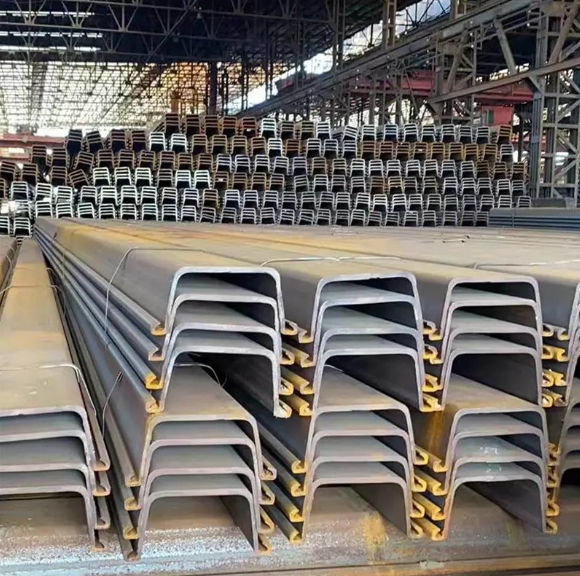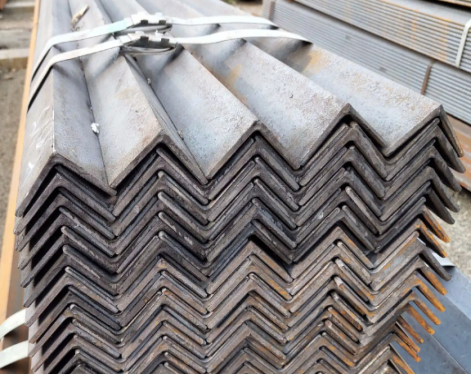Steel sheet piles are structures with linkage devices on the edges. They can be used as walls to retain water or soil. They are a commonly used sheet pile cofferdam and can be combined to form cofferdams of various shapes. In addition, steel sheet piles have very high strength and can be easily driven into hard coatings. Their waterproof properties are very good, and they will not be affected even when constructed in deep water. These interlocking steel or concrete elements are commonly used in applications such as retaining walls, flood protection systems, and foundation support structures. Understanding the allowable stress for sheet piles is crucial for ensuring their structural integrity and performance in demanding environments.

1.What is Allowable Stress?
Allowable stress refers to the maximum stress that a material can withstand under certain conditions. It is an important performance indicator used to uate the strength and stability of materials. The allowable stress depends on the material's properties, structure and loading conditions. In engineering design, reasonable selection of allowable stress is the key to ensuring the safety, reliability and durability of the structure. In the context of sheet piles, allowable stress plays a vital role in determining the safe working limits for these structural elements. It considers factors such as material properties, design standards, and safety margins to ensure reliable performance over the lifespan of the structure.2.Determining Allowable Stress for Steel Sheet Piling
A. Material Properties of Sheet Piles
Sheet piles are typically made from steel, concrete, or composite materials, each with its own set of mechanical properties and performance characteristics. The allowable stress for sheet piles depends largely on the material used, including factors such as yield strength, ultimate tensile strength, and corrosion resistance.









